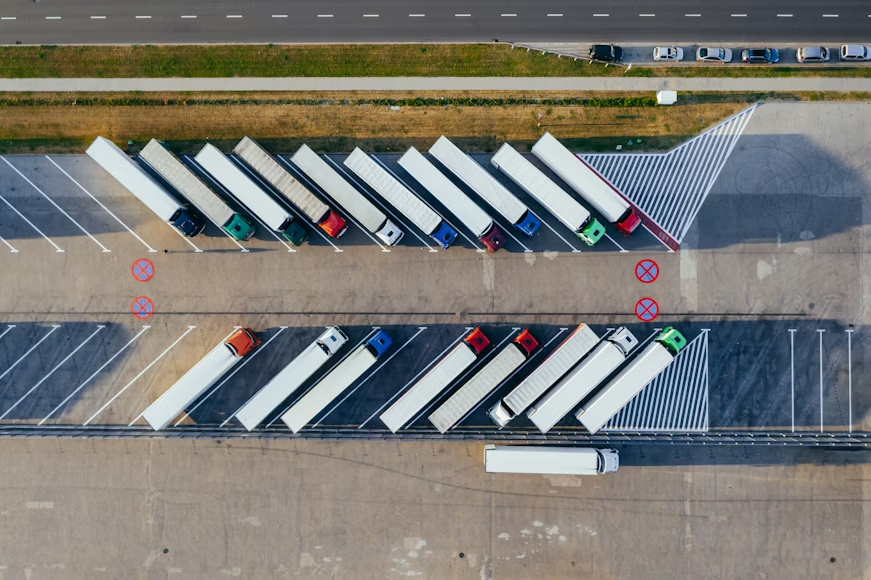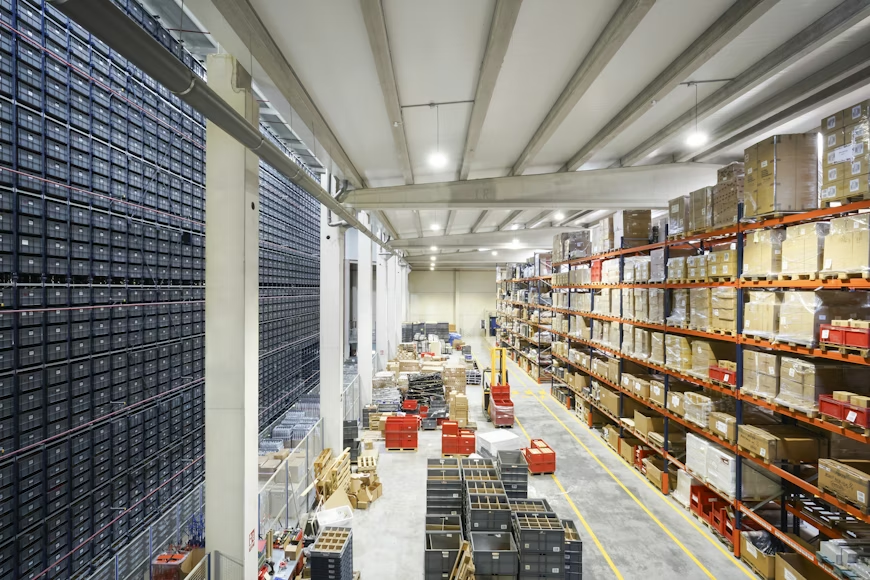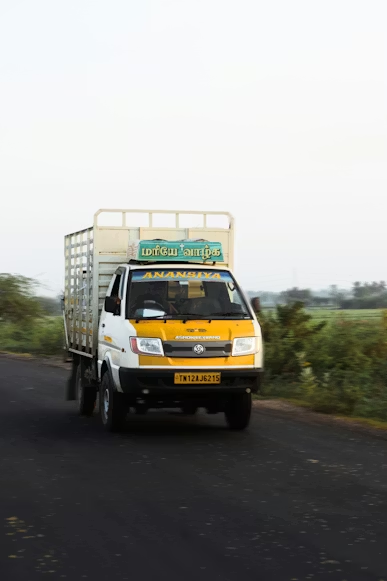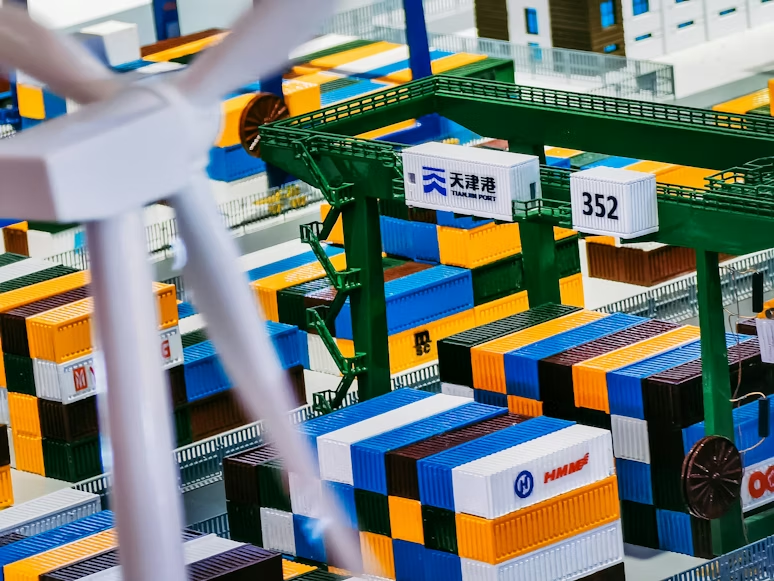A recent report by IndiaQuotient titled ’20 things about Indian consumers’ sheds light on a discernible shift in consumer purchasing behaviors, particularly towards branded luxury products. This trend underscores the expanding market for luxury goods within India.
The report indicates a notable transition among Indian consumers from unbranded to luxury items. Key findings reveal an increasing preference for branded luxury goods, signaling a growing appetite for such products in the country.
In the realm of smartphones, the report highlights tech giant Apple’s dominance, commanding a 67 per cent share of premium smartphones priced above USD 800, followed by Samsung with a 31 per cent share. This data underscores the escalating demand for high-end smartphone brands among Indian consumers.
Tim Cook, CEO of Apple, recently commended Apple India’s double-digit revenue growth, achieving a new March quarter record. He expressed enthusiasm about India being an “incredibly exciting market” and a significant focus area for the company.
Furthermore, there has been a notable surge in the adoption of sunroof-equipped cars in India. In 2023, 25 percent of all cars sold featured sunroofs, marking a substantial increase from the 7 per cent recorded in 2018. This trend suggests a growing preference for luxury features among Indian consumers, despite their limited usability in India’s warm climate. Consumers are reportedly willing to pay between Rs 50,000 to 60,000 for sunroof-equipped cars, indicating a rising inclination towards luxury.
The report also highlights a shift in purchasing behavior among the lower middle class, attributed to the increasing digitization in the country. Younger family members are reportedly taking on the role of “Chief Technology Officers,” leading to a trend of digitizing and branding family purchases.
In the automotive sector, the premium motorbike segment witnessed a notable 32 per cent revenue growth in FY23, outpacing the overall motorbike market’s growth of 14 per cent. Additionally, sales of premium electric two-wheelers tripled in FY23 compared to the previous fiscal year, showcasing a growing preference for premium EVs among consumers.
Moreover, Indian conglomerates are forging partnerships with global luxury brands to meet the escalating demand among Indian consumers. Tata has collaborated with renowned international brands such as Cartier, Piaget, Jaguar, and Land Rover, while Reliance has joined forces with Balenciaga, Superdry, Valentino, and Tiffany & Co., offering luxury options to Indian consumers.
In summary, the report underscores a significant trend towards branded luxury products among Indian consumers, driven by factors such as digitalization, evolving lifestyles, and increased purchasing power.
Explore the newest supply chain news at The Supply Chain Report. Visit ADAMftd.com for free international trade tools.
#LuxuryShiftIndia #BrandedLuxuryTrend #IndianConsumerChoice #LuxuryGoodsMarket#SupplyChainNews

















